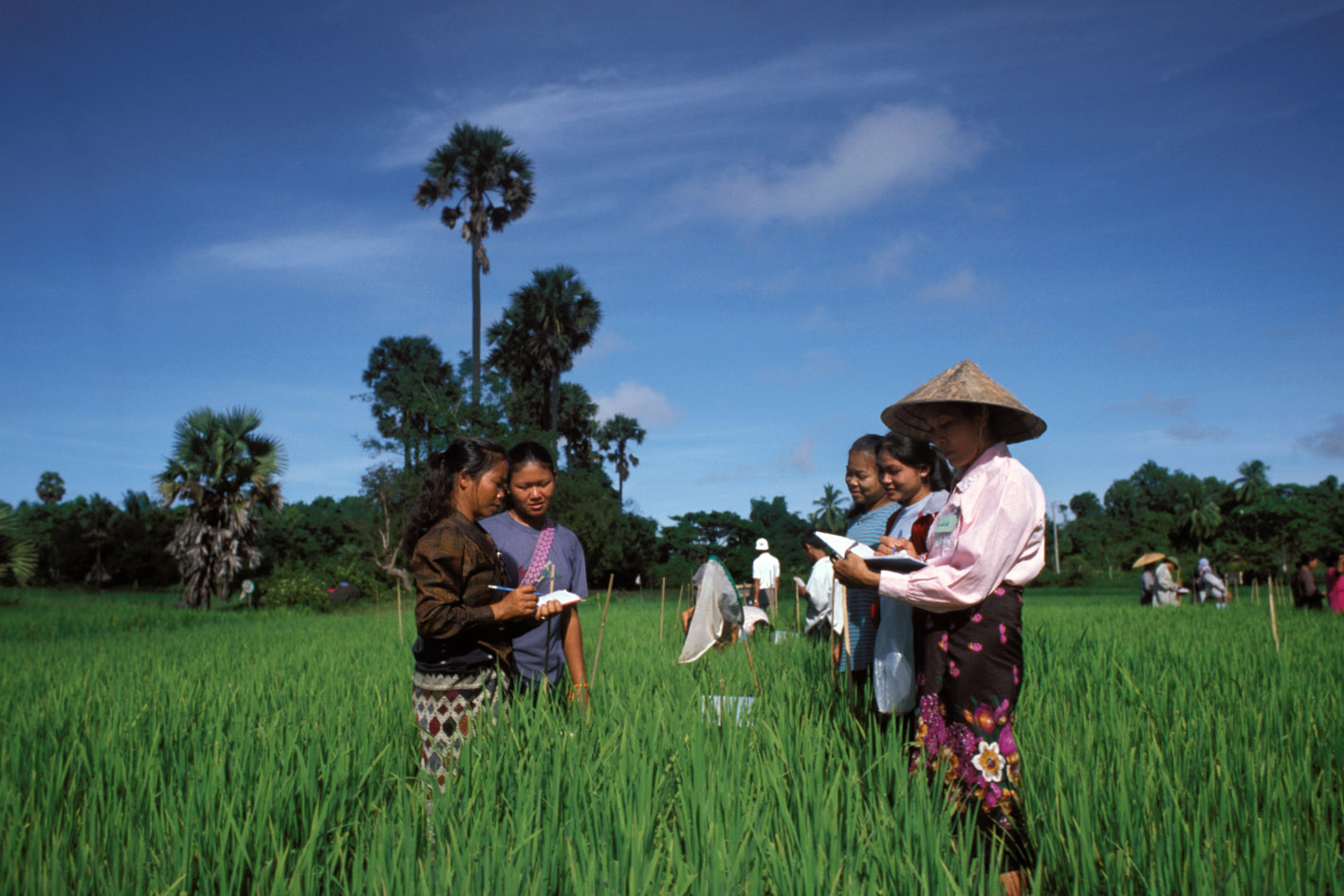Rural Land Plans Impact Evaluation 2011
Benin, 2011
Get MicrodataIdentification
BEN_2011_RLPIE-BL_v01_EN_M_v01_A_OCS
Rural Land Plans Impact Evaluation 2011
| Name | Country code |
|---|---|
| Benin | BEN |
Other Household Survey [hh/oth]
Benin is one of the countries in West Africa where the design and implementation of policies to consolidate land rights is furthest advanced. The Plan Fonciers Rural (PFR), first tried in Côte d'Ivoire in 1989 and piloted in Benin since 1993, is a key policy experiment in this respect. The program is currently in the initial stages of a planned implementation scale-up in Benin. The objectives of the program are to improve tenure security and stimulate agricultural investment in rural areas through the registration of land rights. The Plan Fonciers Ruraux Impact Evaluation presents early evidence from the first large-scale randomized-controlled trial of a land formalization policy. The study was designed to address the following questions and issues:
- What is the effect of the PFR on perceived and de facto tenure security?
- What is the effect of the PFR on land market participation and land prices?
- What is the effect of the PFR on investment in land and agricultural production and yields?
- Additional issues: off-farm activities and gender differentiated impacts
The study examines the links between land demarcation and investment in rural Benin in light of a model of agricultural production under insecure tenure. The demarcation process involved communities in the mapping and attribution of land rights; cornerstones marked parcel boundaries and offered lasting landmarks. Consistent with the model, improved tenure security under demarcation induces a shift toward long-term investment on treated parcels. This investment does not yet coincide with gains in agricultural productivity. The analysis also identifies significant gender specific effects. Female-managed landholdings in treated villages are more likely to be left fallow-an important soil fertility investment. Women further respond to an exogenous tenure security change by moving production away from relatively secure, demarcated land and toward less secure land outside the village to guard those parcels.
Sample survey data [ssd]
Households
Scope
Household Survey:
- Employment and enterprise
- Habitation
- Lands
- Old lands
- Agriculture activities
- Men
- Perception on the lands
- Participation on the land use plan
- Women
Community Survey:
- Socio - demographic aspects
- Accessibility and access to basic services
- Economic activities
- Infrastructures
- Lands
- Use of the lands
- Market land
- Land dispute
- Other village structures
- Agriculture
- Credits
- Rural land use
| Topic | Vocabulary |
|---|---|
| Land (policy, resource management) | FAO |
| Agriculture & Rural Development | FAO |
| Infrastructure | FAO |
| Access to Finance | FAO |
Coverage
National
Producers and sponsors
| Name | Affiliation |
|---|---|
| Markus Goldstein | The World Bank |
| Name | Affiliation |
|---|---|
| Kenneth Houngbedji | Paris School of Economics and University of Namur |
| Florence Kondylis | World Bank |
| Michael O’Sullivan | World Bank |
| Harris Selod | World Bank |
Sampling
The sample was drawn using a sub-set of rural households from a national household survey from 2010. In total, 3,507 households were surveyed in 291 villages, of which 192 were selected to receive a PFR and 99 were randomly selected to serve as control villages, resulting in 66 observed lottery pools. In line with the identification strategy, this study focused on those households with at least one landholding in their village of residence: 85% of households had one landholding in the same village as their homestead, 9% had their landholding outside their village of residence, and 6% had no landholdings. This led to a working sample of 4,972 households, with detailed information on 6,094 parcels.
Data collection
| Start | End | Cycle |
|---|---|---|
| 2011-03 | 2011-04 | Baseline Survey |
Data Access
| Is signing of a confidentiality declaration required? | Confidentiality declaration text |
|---|---|
| yes | https://microdata.worldbank.org/index.php/terms-of-use |
Use of the dataset must be acknowledged using a citation which would include:
- the Identification of the Primary Investigator
- the title of the survey (including country, acronym and year of implementation)
- the survey reference number
- the source and date of download
Example:
Markus Goldstein, The World Bank. Benin Plans Fonciers Ruraux Impact Evaluation (PFRIE-BL) 2011, Baseline Survey. Ref. BEN_2011_PFRIE-BL_v01_M_v01_A_PUF. Dataset downloaded from [URL] on [date].
Disclaimer and copyrights
The user of the data acknowledges that the original collector of the data, the authorized distributor of the data, and the relevant funding agency bear no responsibility for use of the data or for interpretations or inferences based upon such uses
Contacts
| Name | Affiliation | |
|---|---|---|
| Markus Goldstein | The World Bank | [email protected] |
Metadata production
BEN_2011_RLPIE-BL_v01_EN_M_v01_A_OCS_FAO
| Name | Affiliation | Role |
|---|---|---|
| Office of Chief Statistician | Food and Agriculture Organization | Adoption of metadata for FAM |
| Development Economics Data Group | The World Bank | Documentation of the DDI |
Metadata version
BEN_2011_RLPIE-BL_v01_EN_M_v01_A_OCS_v01
